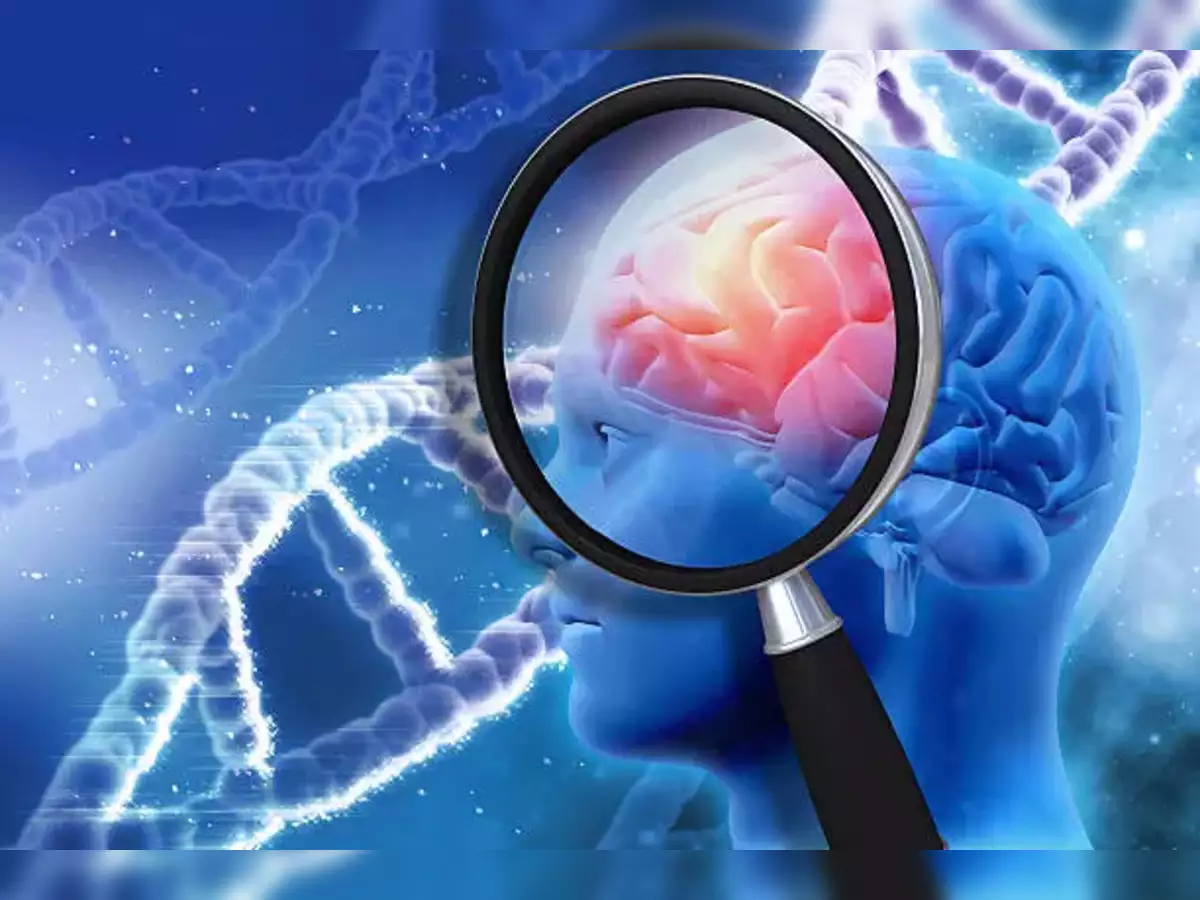
Cognitive decline is a hallmark of Alzheimer’s disease, a progressive neurodegenerative condition that affects the brain. In elderly persons, it is the most typical cause of dementia.
Alzheimer’s disease (AD) is a progressive neurological disorder that primarily affects memory, cognitive function, and behavior. It is the most common type of dementia. While it’s commonly associated with older adults above the age of 65, it’s crucial to understand that Alzheimer’s disease can also strike at a younger age, a condition known as early-onset Alzheimer’s disease, which occurs before the age of 65.
According to experts, early-onset Alzheimer’s disease accounts for less than 10% of all cases. It is usually caused by an inherited genetic trait. It most commonly appears in people in their 50s or 60s, but it can begin in their 30s too. Currently, the cure for Alzheimer’s is still to be found, but there are various treatment options that may be adopted to manage the symptoms and slow the progression of this condition.
What to Expect When You Have Alzheimer’s Disease
Alzheimer’s disease is a chronic brain condition that gets worse over time. It is characterized by modifications to the brain that lead to protein buildup. As a result of Alzheimer’s disease, the brain shrinks and eventually starts to lose brain cells. The ability of a person to carry out their job is impacted by these changes.
Alzheimer’s Disease: 7 Surprising Symptoms
The most common symptom of Alzheimer’s disease is memory loss. Early warning symptoms include trouble recalling recent events or discussions. However, as the disease progresses, memory deteriorates, and other symptoms develop.
- Memory loss that impedes daily activities
- Struggle with problem-solving and decision-making.
- Confusion about time, place, or other surroundings.
- Trouble finding words and completing sentences.
- Mood and personality changes.
- Taking a longer time to do daily tasks.
- Emotional outbursts, depression, or anxiety.
Causes of the Early Onset of Alzheimer’s Disease
The cause of early-onset Alzheimer’s disease is most likely hereditary. Some people are born with genetic abnormalities in specific genes and acquire familial Alzheimer’s disease at a young age. Because of these alterations, the brain produces harmful proteins that accumulate in the brain, forming clumps known as amyloid plaques. The genes are passed down from generation to generation in an autosomal dominant pattern, which means that to develop the disorder, a person only has to inherit one copy of the mutated gene from a parent. Often, the father suffers from the same condition.
Treatment Options
As there is presently no cure for Alzheimer’s disease, treatment focuses on symptom management.
READ RELATED: Can Dahlia Flower Extracts Help In Regulating Blood Sugar Levels?
- Drugs to aid memory loss and potentially reduce the course of the disease
- Treatment for insomnia
- Behavioral therapy may be used to tackle sudden mood shifts.
- Engaging with support groups and organizations that specialize in Alzheimer’s disease to connect with others facing similar challenges
- Counseling or medication to treat depression or anxiety
While there is no cure for Alzheimer’s disease, adopting a healthy lifestyle that includes regular exercise, a balanced diet, and mental stimulation may help slow its progression. Vitamin E intake can also help slow down the disease.
Early-onset Alzheimer’s disease is a difficult condition that affects people under the age of 65 and requires specialized care, support, and attention. Recognizing the signs and symptoms of the disease and getting a quick diagnosis are essential measures for managing the condition. While there is no cure, early intervention and a comprehensive approach to treatment can improve the lives of those affected and their families, providing hope for a better quality of life in the face of this tragic disease.
Total Wellness is now just a click away.
Follow us on
Don’t Miss Out on the Latest Updates.
Subscribe to Our Newsletter Today!
window.addEventListener(‘load’, (event) => {
$(‘#commentbtn’).on(“click”,function(){
(function(d, s, id) { var js, fjs = d.getElementsByTagName(s)[0]; if (d.getElementById(id)) return; js = d.createElement(s); js.id = id; js.src = “//connect.facebook.net/en_US/sdk.js#xfbml=1&version=v2.3”; fjs.parentNode.insertBefore(js, fjs);}(document, ‘script’, ‘facebook-jssdk’));
$(“.cmntbox”).toggle();
});
});








